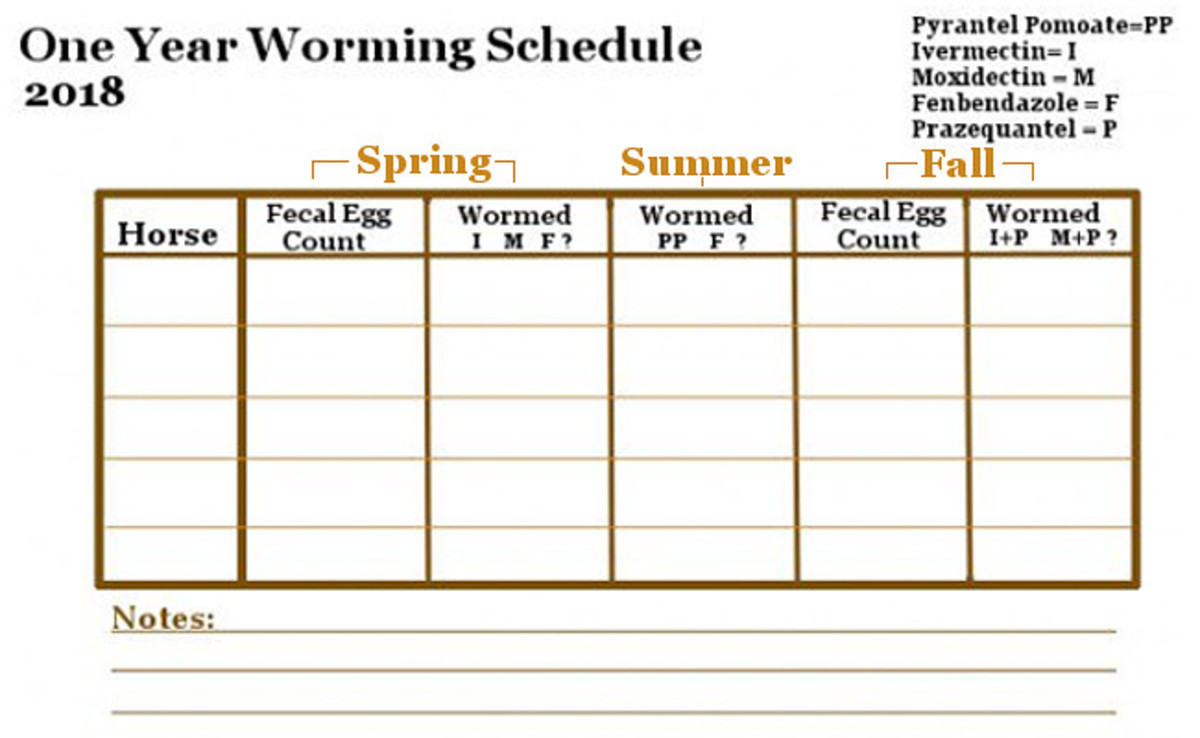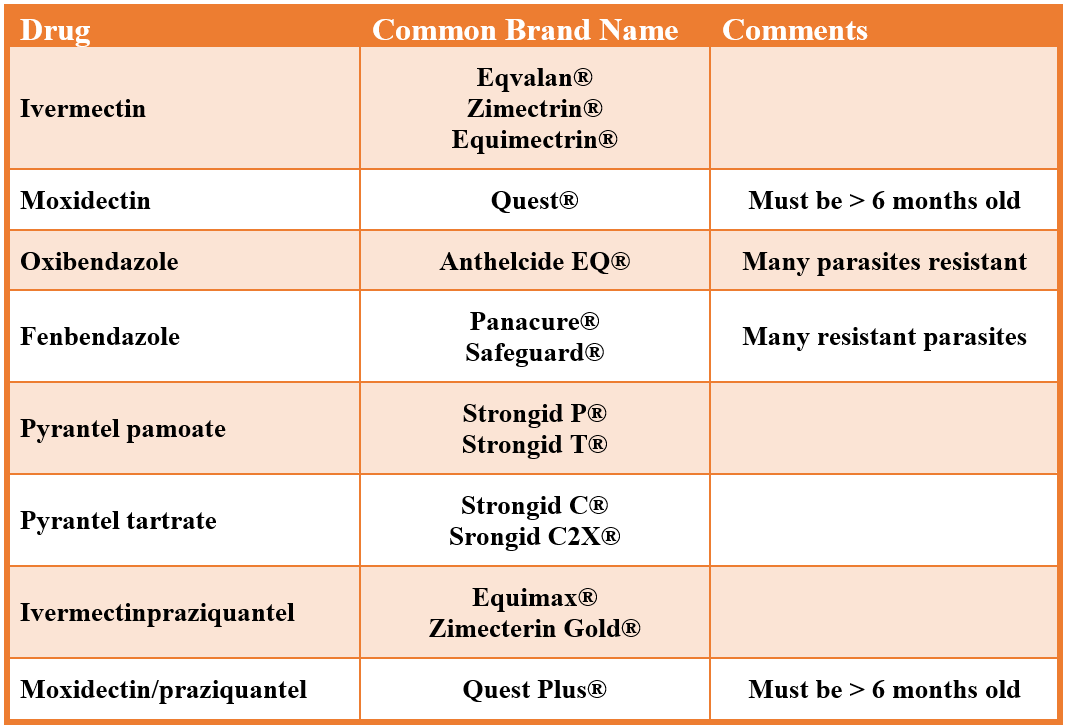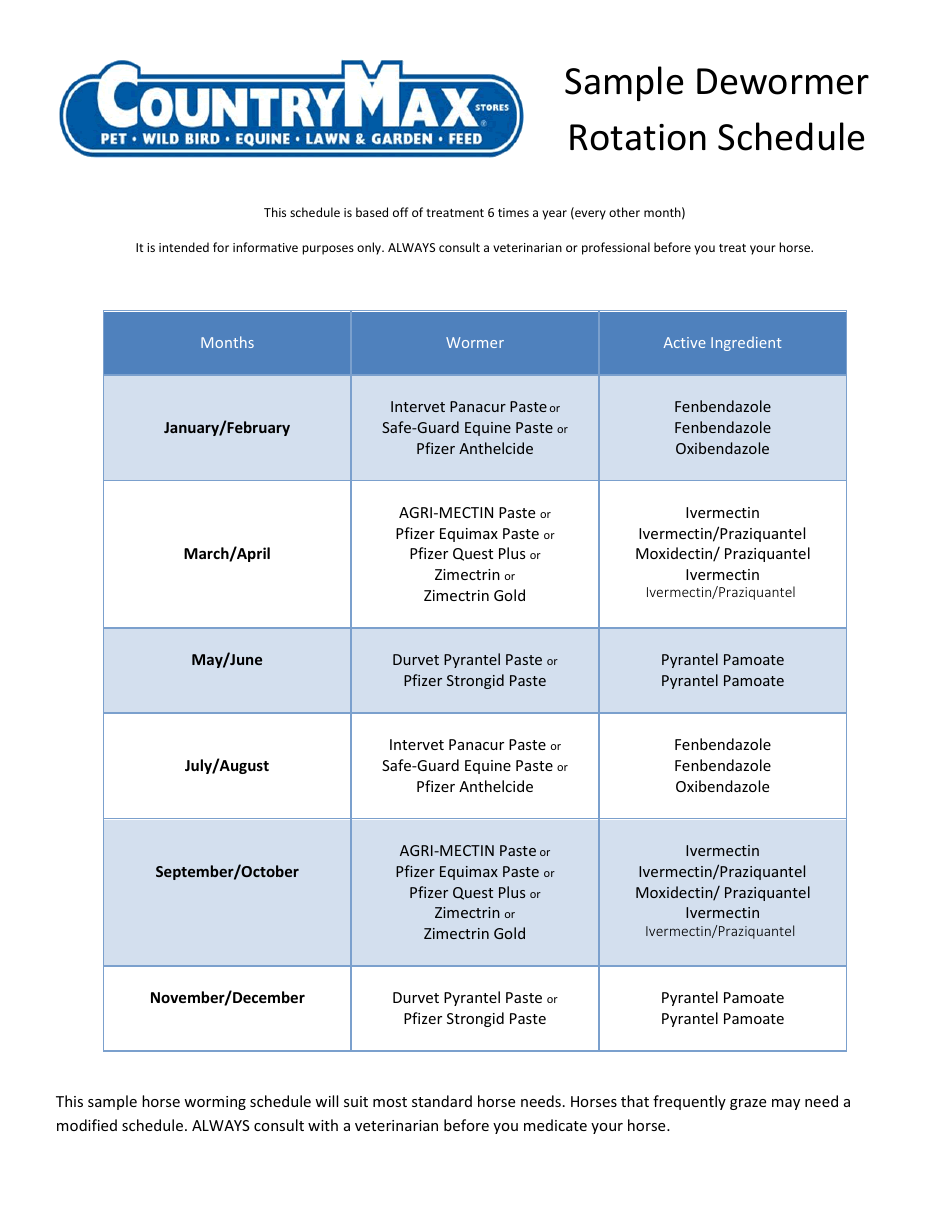Today, let’s talk about something that is crucial for the well-being of our beloved horses - horse worming schedules. As responsible horse owners, it is our duty to ensure that our equine friends are protected from the harmful effects of worms and parasites.
 What You Need to Know About Horse Colic and Worms | PetHelpful
What You Need to Know About Horse Colic and Worms | PetHelpful
Before we delve into creating an effective horse worming schedule, let’s understand why it is necessary. Worms in horses can cause a range of health problems, including weight loss, poor coat condition, colic, and even organ damage. Regular deworming is the key to keeping these pesky intruders at bay.
 7 Best Horse Worming Schedule ideas | horse worming schedule, horse health, horse care
7 Best Horse Worming Schedule ideas | horse worming schedule, horse health, horse care
When it comes to creating a horse worming schedule, there are a few factors to consider. The first one is the age of the horse. Foals, adult horses, and senior horses have different deworming needs. It’s important to consult with a veterinarian to determine the appropriate schedule for your horse’s age group.
The second factor to consider is the type of dewormers to use. There are several different dewormers available on the market, each targeting specific types of worms. It is advisable to rotate between different classes of dewormers to prevent the development of resistance. Always read the label instructions carefully and consult your vet for guidance.
 Image for Horse Worming Chart | Healthy horses
Image for Horse Worming Chart | Healthy horses
Now, let’s take a look at a sample horse worming schedule to get a better understanding. Please note that this is just an example, and you should tailor the schedule to your own horse’s needs:
- January: Administer Dewormer A
- March: Administer Dewormer B
- May: Administer Dewormer C
- July: Administer Dewormer A
- September: Administer Dewormer B
- November: Administer Dewormer C
By rotating the dewormers, we can target different types of worms and reduce the risk of resistance. Always consult your veterinarian to determine the most appropriate deworming schedule for your horse.
 Effective Use of Dewormers for Horses | Panhandle Agriculture
Effective Use of Dewormers for Horses | Panhandle Agriculture
In addition to regular deworming, it is also essential to practice good pasture management. Parasite eggs can survive in the environment and re-infect the horses. Therefore, it is recommended to remove manure from the pasture regularly and practice rotational grazing.
 Printable Horse Worming Schedule - Printable World Holiday
Printable Horse Worming Schedule - Printable World Holiday
Remember, prevention is always better than cure. Maintaining a regular horse worming schedule is vital to keep your equine companion healthy and free from the harmful effects of worms and parasites.
Stay tuned for more informative articles on horse care!